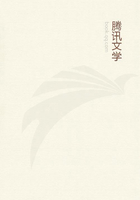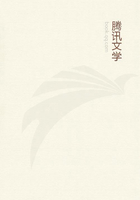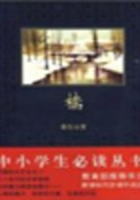First, it depends on the natural agreeableness or deformity of the affection of the mind which prompts us to any action, whether the action should proceed rather from that affection than from a regard to the general rule. Actions to which the social or benevolent affections prompt us should proceed as much from the affections or passions themselves as from any regard to the general rules of conduct. To repay a kindness from a cold sense of duty, and from no personal affection to one's benefactor, is scarcely pleasing to the latter. As a father may justly complain of a son, who, though he fail in none of the offices of filial duty, yet manifests no affectionate reverence for his parent, so a son expects from his father something more than the mere performance of the duties of his situation.
The contrary maxim applies to the malevolent and unsocial passions.
If we ought to reward from gratitude and generosity, without any reflections on the propriety of rewarding, we ought always to punish with reluctance, and more from a sense of the propriety of punishing than from a mere disposition to revenge.
Where the selfish passions are concerned, we should attend to general rules in the pursuit of the lesser objects of private interest, but feel more passion for the objects themselves when they are of transcendent importance to us. The parsimony, for instance, of a tradesman should not proceed from a desire of the particular threepence he will save by it to-day, nor his attendance in his shop from a passion for the particular tenpence he will gain by it, but from a regard to the general rule which prescribes severe economy as the guiding principle of his life. To be anxious, or to lay a plot to gain or save a single shilling, would degrade him in the eyes of all his neighbours. But the more important objects of self-interest should be pursued with more concern for the thing's themselves and for their own sake; and a man would justly be regarded as mean-spirited who cared nothing about his election to Parliament or about the conquest of a province.
Secondly, it depends upon the exactness or inexactness of the general rules themselves, how far our conduct ought to proceed entirely from a regard to them.
The general rules of almost all the virtues, which determine what are the duties of prudence, charity, generosity, gratitude, or friendship, admit of so many modifications and exceptions, that it is hardly possible to regulate our conduct entirely from regard to them. Even the rule of gratitude, plain as it seems to be, that it behoves us to make a return of equal, or, if possible, superior value to the benefit received from another, gives rise to numberless questions, whenever we seek to apply it to particular cases. For instance, if your friend lent you money in your distress, ought you to lend him money in his? and, if so, how much?
and when? and for how long a time? No definite answer can be given to such questions. And even still more vague are the rules which indicate the duties of friendship, hospitality, humanity, and generosity.
Justice, indeed, is the only virtue of which the general rules determine exactly every external action required by it. If, for instance, you owe a man ten pounds, justice requires that you should pay him precisely that sum. The whole nature of your action is prescribed and fixed. The most sacred regard, therefore, is due to the rules of justice, and the actions it requires are never more properly performed than from a regard to the general rules themselves. In the practice of the other virtues, our conduct should be directed rather by a certain idea of propriety, by a certain taste for a particular kind of behaviour, than by any regard to a precise rule or maxim; and we should consider more the end and foundation of the rule than the rule itself. But it is otherwise with justice, where we should attend more to the rule itself than to its end. Though the end of the rules of justice is to hinder us from hurting our neighbour, it would still be a crime to violate them, although we might pretend, with some show of reason, that this particular violation could do him no harm.
The rules of justice, and those of the other virtues, may therefore be compared in this way. The rules of justice are like the rules of grammar, those of the other virtues like the rules laid down by critics for the attainment of elegance in composition. Whilst the former are precise and accurate, the latter are vague and indeterminate, and present us rather with a general idea of perfection to be aimed at than any certain directions for acquiring it. As a man may be taught to write grammatically by rule, so perhaps may he be taught to act justly. But as there are no rules which will lead a man infallibly to elegance in composition, so there are none by which we can be taught to act on all occasions with prudence, magnanimity, or beneficence.















